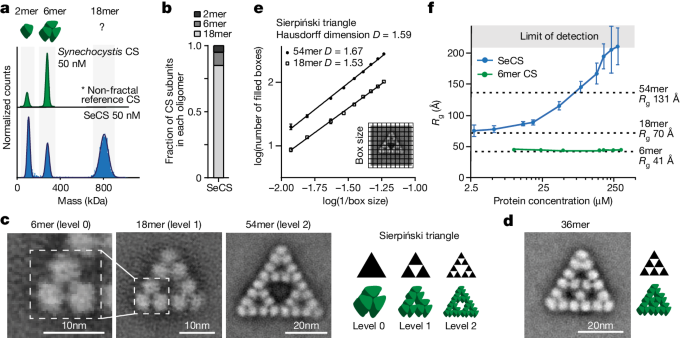2024-04-08 カロリンスカ研究所(KI)
◆双子の同一血液サンプルと生理期の血液サンプルを比較したこの研究では、子宮内の免疫システムは周辺血液に比べて変動が大きく、遺伝子による制御が少ないこと、環境因子の影響を受けやすいことが示されました。
◆これにより、子宮内の免疫システムの構成と調節に関する新しい情報が提供され、妊娠高血圧症などの妊娠合併症の理解を深める基盤が構築されました。
<関連情報>
- https://news.ki.se/study-on-twins-provides-new-insights-into-immune-defence-in-the-womb
- https://www.science.org/doi/10.1126/sciimmunol.adj7168
組織特異的な非遺伝性の影響が子宮内膜免疫系の変異を促進する Tissue-specific nonheritable influences drive endometrial immune system variation
JONNA BISTER , IVA FILIPOVIC , DAN SUN , YLVA CRONA-GUTERSTAM , […], AND NIKLAS K. BJÖRKSTRÖM
Science Immunology Published:5 Apr 2024
DOI:https://doi.org/10.1126/sciimmunol.adj7168

Editor’s summary
Baseline differences in the immune system between individuals are driven by both heritable and nonheritable, environmental factors. By analyzing endometrial and peripheral blood immune cells collected from monozygotic twins, Bister et al. measured the tissue-specific contributions of nonheritable effects on immune system variation. Although peripheral blood immune cells were largely shaped by genetics, environmental factors including hormonal contraception contributed more strongly to the variation in endometrial immune cells and soluble proteome. Together, these findings demonstrate that the human immune system can be highly variable and driven by nonheritable factors in a tissue-specific manner. —Claire Olingy
Abstract
Although human twin studies have revealed the combined contribution of heritable and environmental factors in shaping immune system variability in blood, the contribution of these factors to immune system variability in tissues remains unexplored. The human uterus undergoes constant regeneration and is exposed to distinct environmental factors. To assess uterine immune system variation, we performed a system-level analysis of endometrial and peripheral blood immune cells in monozygotic twins. Although most immune cell phenotypes in peripheral blood showed high genetic heritability, more variation was found in endometrial immune cells, indicating a stronger influence by environmental factors. Cytomegalovirus infection was identified to influence peripheral blood immune cell variability but had limited effect on endometrial immune cells. Instead, hormonal contraception shaped the local endometrial milieu and immune cell composition with minor influence on the systemic immune system. These results highlight that the magnitude of human immune system variation and factors influencing it can be tissue specific.


